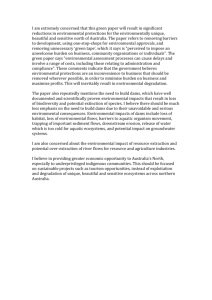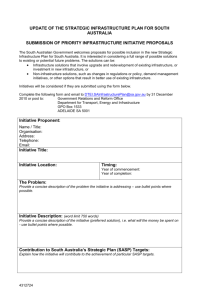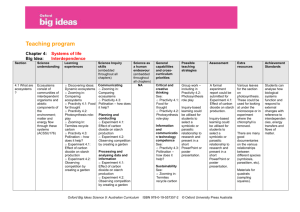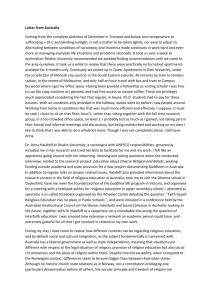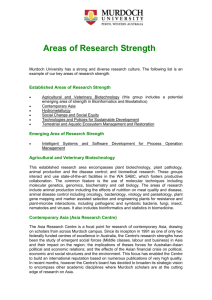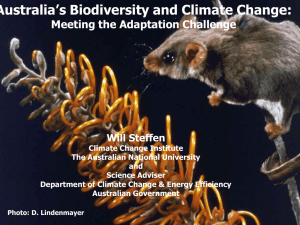Australian ecosystems facing rapid extinction
advertisement
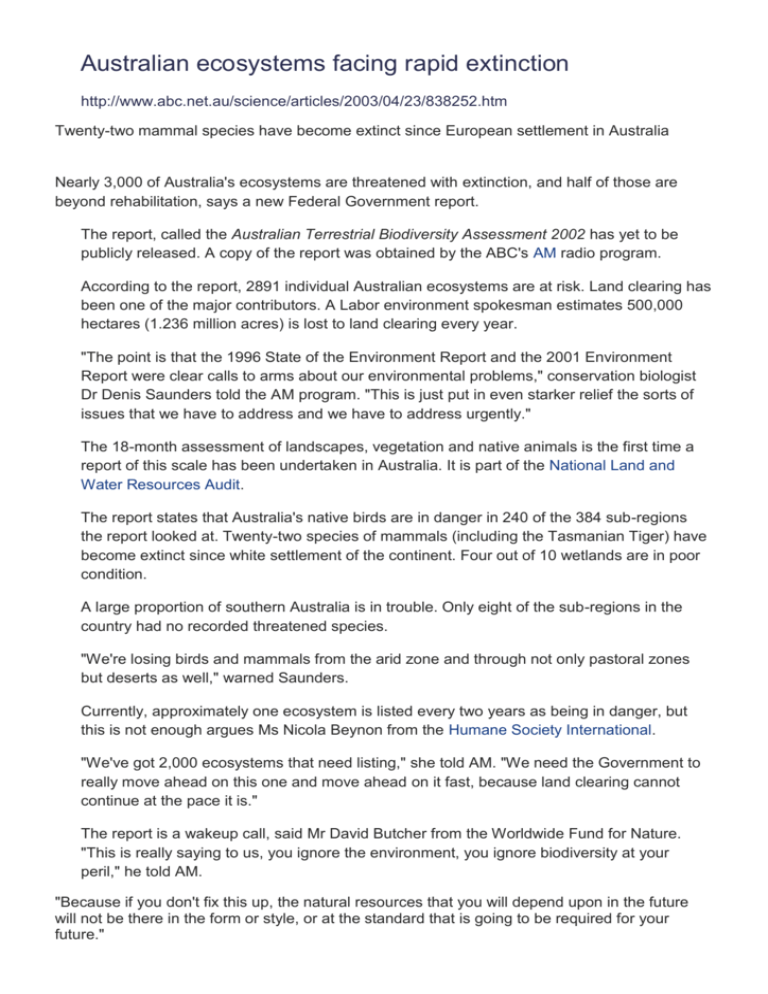
Australian ecosystems facing rapid extinction http://www.abc.net.au/science/articles/2003/04/23/838252.htm Twenty-two mammal species have become extinct since European settlement in Australia Nearly 3,000 of Australia's ecosystems are threatened with extinction, and half of those are beyond rehabilitation, says a new Federal Government report. The report, called the Australian Terrestrial Biodiversity Assessment 2002 has yet to be publicly released. A copy of the report was obtained by the ABC's AM radio program. According to the report, 2891 individual Australian ecosystems are at risk. Land clearing has been one of the major contributors. A Labor environment spokesman estimates 500,000 hectares (1.236 million acres) is lost to land clearing every year. "The point is that the 1996 State of the Environment Report and the 2001 Environment Report were clear calls to arms about our environmental problems," conservation biologist Dr Denis Saunders told the AM program. "This is just put in even starker relief the sorts of issues that we have to address and we have to address urgently." The 18-month assessment of landscapes, vegetation and native animals is the first time a report of this scale has been undertaken in Australia. It is part of the National Land and Water Resources Audit. The report states that Australia's native birds are in danger in 240 of the 384 sub-regions the report looked at. Twenty-two species of mammals (including the Tasmanian Tiger) have become extinct since white settlement of the continent. Four out of 10 wetlands are in poor condition. A large proportion of southern Australia is in trouble. Only eight of the sub-regions in the country had no recorded threatened species. "We're losing birds and mammals from the arid zone and through not only pastoral zones but deserts as well," warned Saunders. Currently, approximately one ecosystem is listed every two years as being in danger, but this is not enough argues Ms Nicola Beynon from the Humane Society International. "We've got 2,000 ecosystems that need listing," she told AM. "We need the Government to really move ahead on this one and move ahead on it fast, because land clearing cannot continue at the pace it is." The report is a wakeup call, said Mr David Butcher from the Worldwide Fund for Nature. "This is really saying to us, you ignore the environment, you ignore biodiversity at your peril," he told AM. "Because if you don't fix this up, the natural resources that you will depend upon in the future will not be there in the form or style, or at the standard that is going to be required for your future."
